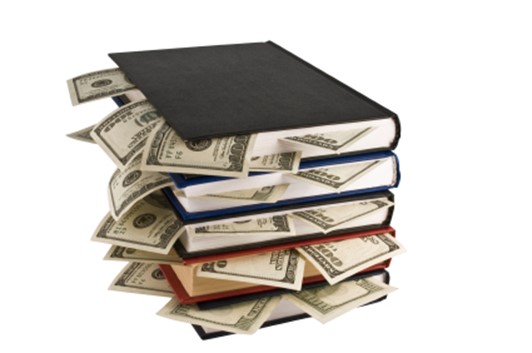The Economics Of Best Seller Lists
February 26, 2013 in Daily Bulletin

Learning that a book made it to the top of a best-seller’s list is an instant endorsement of its quality, insight, and content. Or so you’d think writes Jeffrey A. Trachtenberg:
- Individuals can use marketing companies that buy the book soon after it’s launched to drive it to the top of the charts.
- After reaching the top of the list sales usually dive as the demand was artificially produced. In one example more books were returned than sold one week after a book’s chart topping debut.
- Those who use the service have to pay about $55,000 for the books that the marketing company buys, as well as an additional $30,000 for the company’s service – which ensures that the books are bought in a way that don’t raise suspicion.
- Business books are especially likely to fall prey to this tactic since it takes a relatively small number of sales – 3,000 in a week – to top the business genre list.
- Other authors use tricks such as asking people to purchase their book in lieu of speaking fees to drive up sales.
- For the authors being able to put ‘best-selling author’ on their resume leads to instant fame and lucrative consulting engagements.
Read more about the practice, other tricks in the arsenal, and what those who produce top-seller lists are doing to crack down on the practice over here.
Source: The Wall Street Journal
Via: The Verge
Join the Discussion! (No Signup Required)